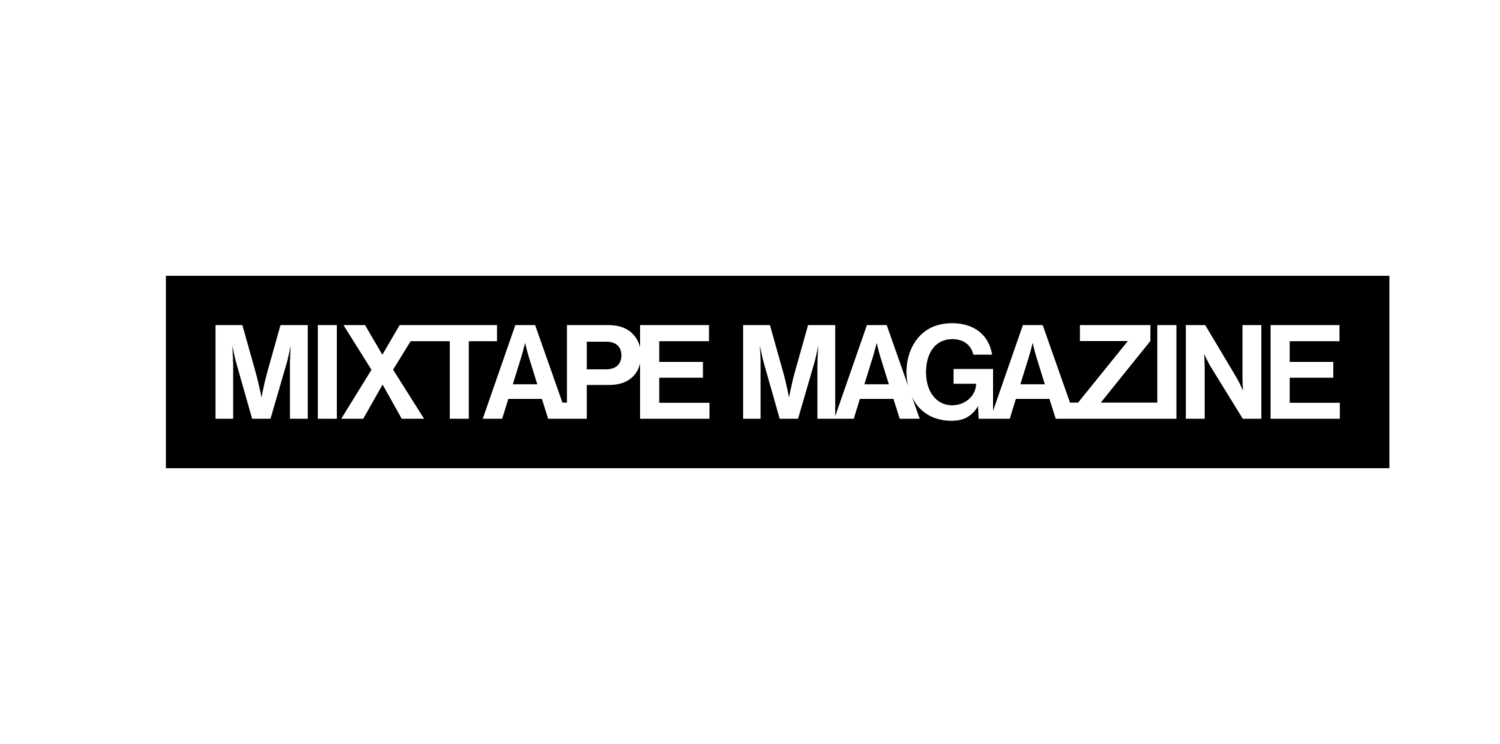Drake Is A Culture Vulture, And That’s Not A Bad Thing
Graphic by Noah Weinberg
By: Noah Weinberg
Drake might just be the most famous rapper of all time. That makes a ton of sense, given that from his origin on the TV show Degrassi to his most recent album, Her Loss, Drizzy has always been addicted to the limelight. And with his frequent attention comes frequent criticism. Drake has dealt with his share of ghost-writing claims, along with the “hiding his child from the world” incident. Yet, the most significant knock on Drake is his label as rap’s leading “culture vulture.”
According to Urban Dictionary, a “culture vulture” is defined as “someone who steals traits, language and/or fashion from another ethnic or social group in order to create their own identity.” There are countless instances of the Toronto native’s theft of sonic elements from several cultural groups he does not belong to. For example, Drake has been condemned for appropriating New Orleans bounce music in his chart-topping song "In My Feelings" without featuring any New Orleans artists or directly acknowledging the subgenre’s origins. In some of his biggest hits, Drake has consistently profited from incorporating the musical components of Nigerian Afrobeats, Caribbean Dancehall, and UK Grime. In addition, Aubrey has also attempted Jamaican and British accents on a handful of his songs.
With Champagne Papi’s notoriety only growing, a critical question for any hip-hop fan to ponder is whether or not Drake’s “borrowing” from different cultures is a significant problem. Is Drake a cultural appropriator? And if he’s not, are Drake’s “culture vulture” tendencies instead something to commend and appreciate?
One crucial aspect of Drake’s wave-riding behavior to consider is his place of origin. Toronto is an unusual cultural hub, with more than half its residents born outside Canada. One highly celebrated minority group in Canada is its descendants from the West Indies, with the Toronto Caribbean Carnival bringing in over a million annual visitors. Drake has used traditional Caribbean musical elements like guitarrón-esque melodies or Jamaican patois in hits like “Blem” or “Controlla.” But is this stealing or “vulture-like” if his hometown is so infused with its Caribbean heritage?
Drake has acted as a cultural chameleon of sorts for more than a decade, refusing to subject himself to a single cultural identity. He didn’t record his breakout 2009 mixtape So Far Gone in Canada. Instead, Drake created some of his first commercially successful songs, like “Best I Ever Had” and the syrupy southern anthem “Houstatlantavegas” in Houston. One would think that Drake would receive backlash for using a distinct Texan sound in this tape. However, this was the era in Drake’s life where he formed a lifelong bond with New Orleans’ Lil Wayne and befriended Houston legend Bun B.
As Drake’s fame grew in the mid-2010s, his relationship with less popular international artists remained transactional and professionally secure. Drake showed love and collaborated numerously with Jamaican dancehall artist Popcaan before signing him to OVO Sound in 2018. Aubrey gave UK grime artist Skepta his own interlude on More Life after interpolating one of his songs on Drake’s “KMT.” When revealing the musical inspiration behind his 2018 album Scorpion, Drake deliberately credited two lesser-known UK artists, Octavian and Loski. These calculated moves shed light on the native creatives who developed the musical sounds that Drake tapped into. Drake’s producer, Nineteen85, says, “[Drake’s] so aware of what everybody else is doing musically that he likes to introduce new music and new artists to the rest of the world.” Critics would argue that Drake’s global partnerships with lesser-known artists create a power imbalance. However, several artists that Drake’s been accused of stealing from have expressed positive experiences with him.
In the definition of “culture vulture,” there is an explicit statement that someone steals from another group to “create their own identity.” Fortunately, Drake isn’t incorporating these worldly sounds to create his own identity. That’s because Drake’s background is remarkably diverse. Born to an African-American father and an Ashkenazi Jewish mother in Canada, Drake split his upbringing between Toronto and Memphis. As a result, he never fit into one definitive group, so Drake developed into his authentic self.
Another insinuation about being a “culture vulture” is that one takes traits or language from other cultures for personal profit. While it’s true that Drake undoubtedly profits off the cultures he uses in his music, it’s not as if he needs to work with smaller musicians to make a hit. Drake famously bragged that he’s got “more slaps than The Beatles,” and you don’t achieve that benchmark without a collection of solo smash hits like “God’s Plan,” “Headlines, or “Fake Love.”
The question of whether or not Drake is a culture vulture is both multifaceted and complex. Yes, Drake does commodify Latinx, UK, and Caribbean cultures for personal and professional gain. So to a certain extent, he acutely fits the description of a “culture vulture.” But that’s not necessarily abominable because, repeatedly, Drake does his due diligence in researching, studying, and crediting individuals from other cultures when his status and net worth don’t require him to. Throughout his illustrious career, Drake has proven to satisfy the essential elements of avoiding cultural appropriation. He respectfully credits his influences, genuinely connects with the elements he takes, and, most importantly, Drake doesn’t perpetuate cultural stereotypes. Suppose that Drake never incorporated a single international component into his music. In that reality, Aubrey’s individual talent would still propel him to be the most famous rapper in history.

